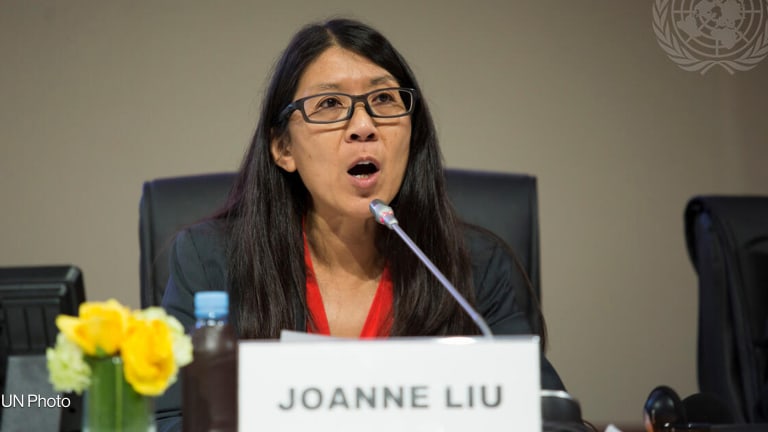The U.N.’s marquee election, the appointment of a new secretary-general, is at least a year off. But the changing of the guard at the United Nations is already well underway.
Candidates are actively vying for the top jobs next year at the U.N. Development Programme, the International Telecommunications Union, and the UN Refugee Agency.
U.N. delegates — led by the ambassadors of South Africa and Romania — have been meeting behind closed doors to produce a set of rules for candidates seeking to replace António Guterres, a former Portuguese prime minister, who ends his 10-year tenure at the head of the U.N. in December 2026.
Printing articles to share with others is a breach of our terms and conditions and copyright policy. Please use the sharing options on the left side of the article. Devex Pro members may share up to 10 articles per month using the Pro share tool ( ).
Search for articles
Most Read
- 1
- 2
- 3
- 4
- 5








